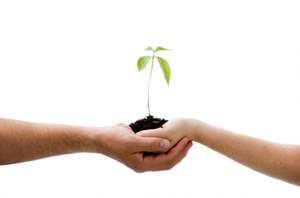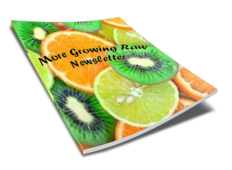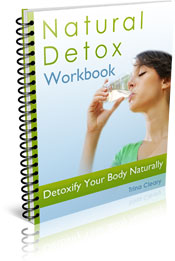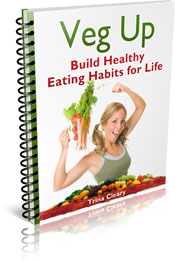|
Organic Heirloom Seeds
Organic heirloom seeds offer many advantages to the home vegetable gardener. Heirloom vegetable seeds deliver on taste and nutrition whilst providing greater variety and food security.
Using organic heirloom seeds you can:
What are organic heirloom seeds?Heirloom seeds have evolved over centuries through open pollination of non-hybrid plants. According to Clive Blazey (Digger's Garden Club, Australia) heirloom seeds represent an “unbroken chain of evolutionary improvement.” Food growers have kept back seed from the earliest, best-yielding and most disease-resistant strains since plant domestication began more than 8000 years ago. Through this selective process, Blazey says, heirloom varieties were “encoded with thousands of generations of improvements.” Heirloom seeds can be collected and replanted and grow true to type (this means they display the characteristics of the original plant). They are adapted to local conditions and produce continuously uniform crops. Heirloom seeds are also known as non-hybrid (or non hybrid) seeds, or open pollinated seeds. To maintain an independent and reliable supply of seeds, you need non-hybrid heirloom seeds. This is why heirloom seeds are sometimes also known as survival seeds. Why are organic heirloom seeds useful for home vegetable gardeners?When you grow heirloom vegetables and collect seeds for re-sowing or exchange, you save money by not having to re-purchase seeds or seedlings each year. The original heirloom seed strains often have much higher nutritional content than varieties that have been bred to meet supermarket requirements for colour, storability and portability. Heirloom seed collections offer more choice and variety for the home vegetable gardener. You can try new varieties and select seeds that are particularly well suited to your region, rather than homogenous hybrid seed types. For many people food security is an increasingly important consideration. By using savable, re-plantable seeds you can insure food security for your family and community. Heirloom seeds enable gardeners to have an independent and reliable supply of seeds that produce healthy food plants. By using heirloom seeds you regain control of your food supply from the supermarkets chains and commercial food growers. Heirloom seed varieties are your heritage and should be maintained for future generations. Why are organic heirloom seeds important for the environment?The focus of commercial interests on developing and using hybrid seeds has resulted in the endangerment of heirloom seed varieties. Hybrid seeds have been developed since the 1950s to suit the requirements of supermarket food monopolies. Commercial growers want high, simultaneous yields and thick-skinned produce that will store and transport well. Taste and nutritional value are not priority, profit is. Heirloom seeds require preservation, and home vegetable gardeners are vitally important to that process. According to Blazey, 90% of fruit and vegetable varieties have disappeared since World War 2. Ensuring ongoing seed reliability is part of environmental stewardship. Organisations such as the Seeds Savers Exchange in the U.S. have rescued 25 000 heirloom vegetable varieties over the last 30 years in an attempt to preserve the living legacy of non-hybrid seeds. Non-hybrid seeds are essential for the support of biodiversity. Genetic diversity in food crops is vital for global food security. Combined with local expertise, genetic diversity enables communities to meet their needs over varying seasons. “This genetic wealth is, in addition, an important reservoir of diversity for agriculture worldwide, providing important and valuable characteristics for pest and disease resistance, nutritional quality and other factors, to meet both predictable and unforeseen ecological and economic circumstances.” (GRAIN,p2) The independent preservation of heirloom varieties by gardeners and small-scale farmers ensures an ongoing food supply. Start your own
organic
heirloom seed collection. At the end of the growing season, select non-hybrid seeds from the plants that have performed best in your local climate. Continue to collect seeds from the best plants season after season. Defy supermarket domination and be independent of food monopolies. Become a subversive gardener. GRAIN: Genetic Resources Action International. (1992) Why Farmer-based Conservation and Improvement of Plant Genetic Resources? by Cooper, David in Growing Diversity: Genetic Resources and Local Food Security. London, UK : Intermediate Technology Publications. Blazey, Clive. (2008). Growing your own heirloom vegetables: Bringing CO2 down to Earth. Dromana, Vic: The Digger's Club. Penguin (2009). Grow Your Own Food. Camberwell, Vic: Penguin Books. Back to Advantages of Organic Food from Organic Heirloom Seeds
Back to Healthy Eating Guide home from Organic Heirloom Seeds
|










